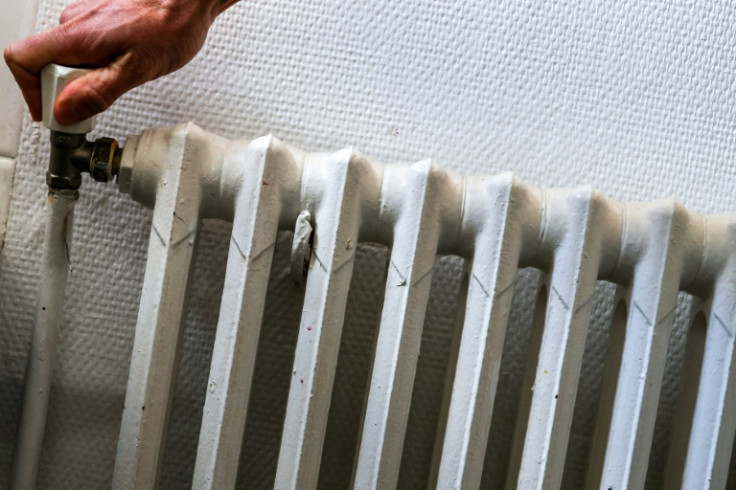EU energy ministers seek compromise on gas price cap
EU ministers meeting in Brussels on Tuesday struggled to bridge differences over a proposed cap on natural gas prices, a challenge stymying other measures designed to mitigate Europe's energy crunch.

EU ministers meeting in Brussels on Tuesday struggled to bridge differences over a proposed cap on natural gas prices, a challenge stymying other measures designed to mitigate Europe's energy crunch.
The continent has entered a bitingly cold winter with fewer energy options because Russia has reduced gas supplies in retaliation for EU sanctions imposed over its war in Ukraine.
Gas prices are high, albeit lower than during the middle of the year, spurring worries that European homes and businesses could face blackouts or unpayable bills, if not this winter than in the next.
Several energy ministers going into the talks doubted a compromise could be reached. They said discussions could roll over to another meeting scheduled for next Monday.
"I'm viewing this meeting today with a bit of scepticism because there has been too little movement in the last days," Austrian Energy Minister Leonore Gewessler said.
She said two other measures, joint gas purchases and speeded-up authorisations for renewable energy sources, could find agreement but they were "being held hostage" by countries intent on securing a gas price cap.
Several EU countries, including France, Poland and Spain, want a price cap lower than the one proposed by the European Commission, with fewer conditions attached.
The commission has suggested a price ceiling of 275 euros per megawatt hour, but only if the price remains above that level for at least two weeks, and then only if the price for liquified natural gas (LNG) goes above 58 euros for 10 days within that same two-week period.
Some EU countries including Germany, the Netherlands and Austria, view a too-rigid price cap as a threat to supplies, comporting the risk that deliveries could be diverted from Europe to more lucrative markets in Asia.
"The time for consultation has run out," the Italian minister for European affairs, Raffaele Fitto, said.
"European citizens are in agony, European businesses are closing... All of us must heed to our responsibilities and agree without delay on the market correction mechanism and energy solidarity."
Czech Industry Minister Jozef Sikela, who was chairing the meeting under his country's EU presidency, said he understood the concerns of both camps but believed a "feasible proposal" was on the table.
"The citizens and businesses of Europe, they expect from us that we will come up with a clear solution," he said.
© Copyright AFP 2025. All rights reserved.






















